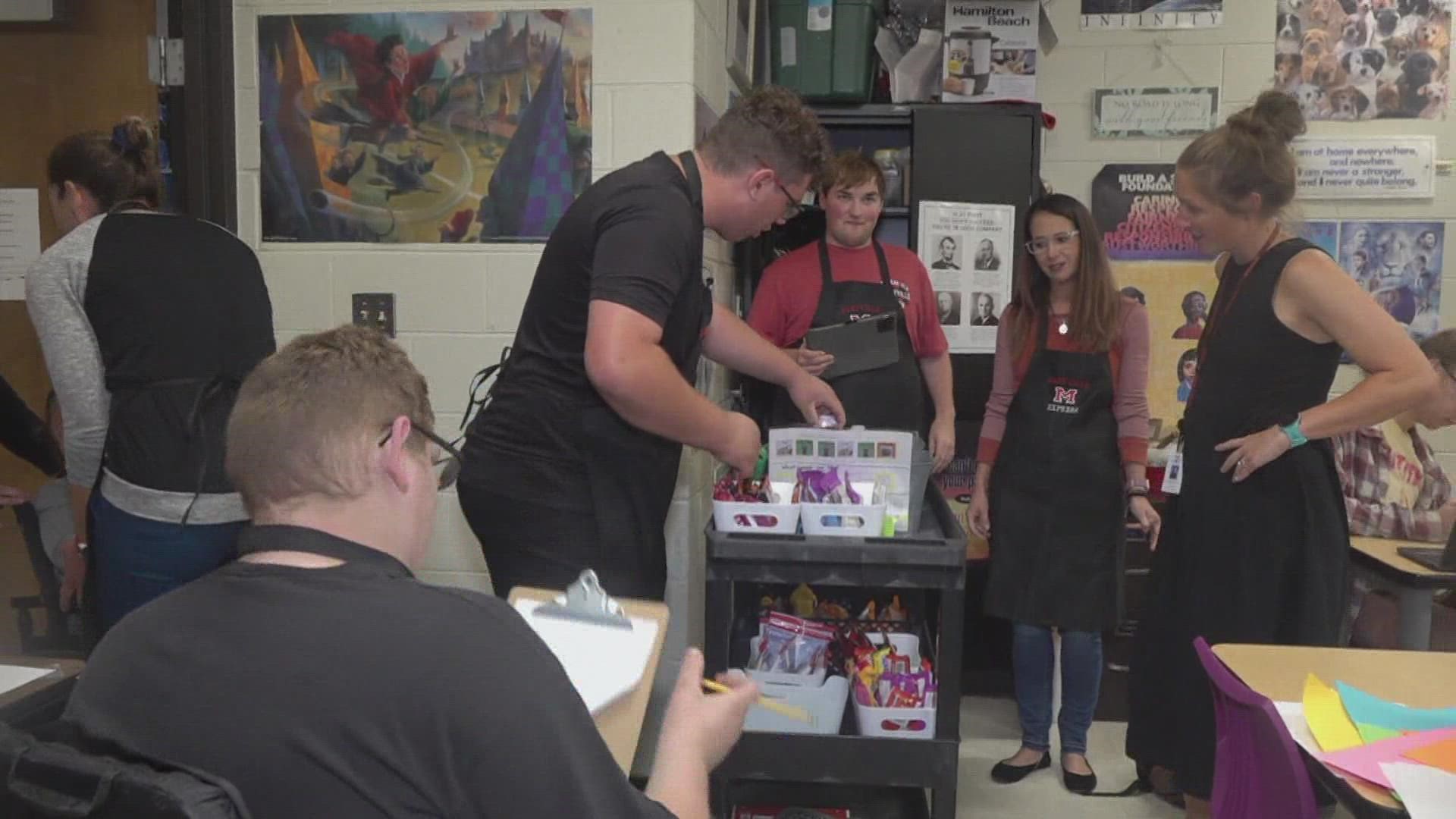KNOXVILLE, Tenn. — Tennessee requires successful completion of a stand-alone personal finance course for high school graduation.
The requirement has been in place for Tennessee’s graduating high school students for nearly a decade, and now a team with the Department of Family and Consumer Sciences at the University of Tennessee Institute of Agriculture is embarking on a rigorous two-year study examining critically important characteristics of financial education as it happens in the classroom.
The study is funded by a $207,377 grant from the National Endowment for Financial Education (NEFE) and the Financial Industry Regulatory Authority Investor Education Foundation (FINRA Foundation).
The project, “Listening to Learn,” will provide insights to increase the effectiveness of high school personal finance courses, which provide youth with the knowledge and skills to better manage their resources.
The project will involve conducting a needs assessment in cooperation with Tennessee educators responsible for teaching personal finance to students. The information collected will include the resources and curricula teachers are currently using, teachers’ views about personal finance education and students’ reaction to the classes, teachers’ perceptions about financial issues facing their students, challenges of teaching the classes and steps that can be taken to improve financial education.
The study will look intently at high-poverty schools and how financial education in such schools compares to that in more affluent high schools. The study will also examine approaches to financial education for special needs students.
The information gathered will inform strategies for supporting the efforts of financial teachers in Tennessee and beyond. Further, the study methodology will serve as a springboard for similar research in other states.
The project's principal investigator, Ann Berry, is a UT Extension professor of Family and Consumer Sciences.
“This project and the generous funding from the sponsor organizations will help our team better understand the landscape of personal finance instruction in Tennessee high schools,” Berry said. “This information is critical to developing resources and best practices related to financial education for youth.”

